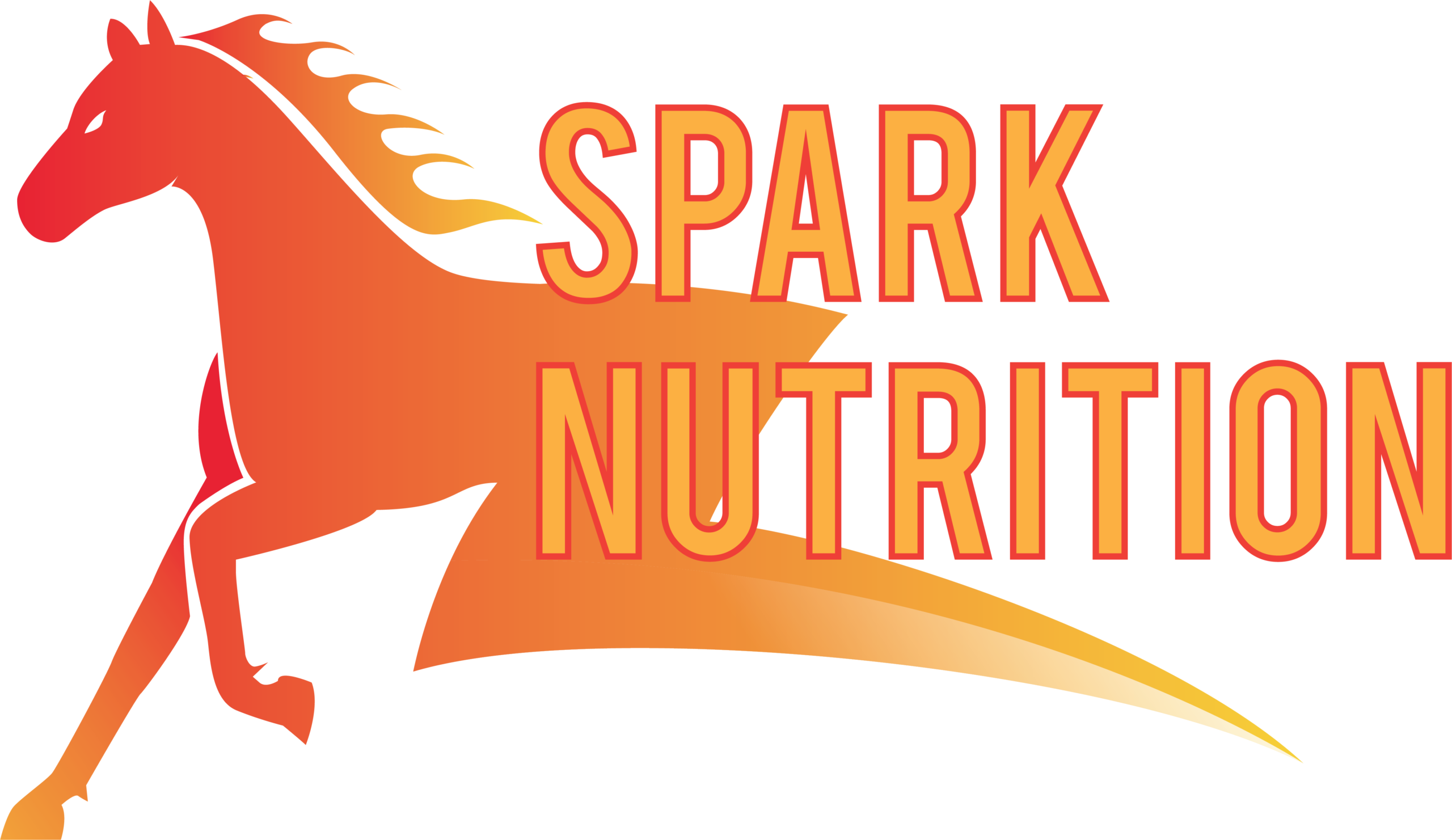Menu
Sustainable Horse Bedding
The Perfect Solution
Revolutionize your stalls and boarding experience with miscanthus sustainable bedding.
- Reduce mess
- Improve animal hygiene
- Save money
The incredibly absorbent nature of our sustainable bedding makes for cleaner, less dusty, and less moisture-prone stalls, and it’s easy for muckers to remove concentrated areas without wasting fresh material. This leads to a decreased consumption of bedding for cost-savings in any operation!
With greater moisture-absorption capabilities and reduced risk of thrush, the choice has never been more clear.
Miscanthus: The Perfect Animal Bedding
Spark Nutrition is your source for Natural Bedding of Kentucky, the premier manufacturer of natural, sustainable, and effective bedding made from miscanthus.
For most boarding and equine operations, horse bedding is a significant material cost, but customers who switch to Natural Bedding report cost-savings of 20% or more!
What is Miscanthus?
Giant Miscanthus is a perennial grass with the ability to grow on marginal and poor agricultural land. It grows quickly, maintains high water efficiency, is non-invasive, requires little-to-no fertilizer or weed control, and is a fantastic way to sequester carbon.
These unique properties make it an amazing animal bedding product for discerning horse owners, breeders, and boarders.

Better Health, Greater Efficiency with Sustainable Bedding
Used in Europe for decades as a high-quality animal bedding material, miscanthus stall bedding creates demonstrable benefits for horses and horse owners alike.
- Best horse bedding according to vets – significantly reduces dust for horses with allergies and respiratory issues
- Bedding with high moisture absorption – absorbs as much as four times its weight, with less moisture build-up for lower risk of thrush
- Reduced waste disposal costs and volume – can lower waste disposal costs by 30-60%
- Environmentally friendly and 100% biodegradable – Reusable for land application and fertilizer
- Naturally unpalatable for animals – For less risk of animal consumption
- Better hygiene with fewer flies – Improve smell and reduce flies in your stalls!
Reduced Animal Bedding Waste, Reduced Expenses
If your operation requires hauling waste away with any regularity, Natural Bedding can save you money. Natural Bedding can significantly reduce the volume of waste you need to dispose of, resulting in a cost reduction of up to 40% for some customers.
Even if you apply your animal waste to your own land, you’re likely familiar with the amount of labor and hauling required for dumping and spreading this waste on fields. Natural Bedding can help by reducing the number of trips required, which ultimately lowers your labor and fuel costs.
Natural Bedding with 30 cubic feet of waste.
Pine Shavings with 180 cubic feet of waste
Incredible Hygiene and Animal Health
Natural Bedding made from miscanthus is meticulously manufactured to be dust-extracted, making it safer and healthier for you and your animals to breathe. This ensures that workers and animals alike are not exposed to harmful dust particles while making beds or cleaning out the stall.
Repeated, positive feedback from our customers has seen this borne out: a significant reduction in coughing and allergy symptoms due to the low level of dust in our bedding.
Be More Sustainable
Miscanthus showcases exceptional potential for carbon sequestration, outperforming most if not all other grasses and bedding materials in this aspect.
With Natural Bedding, you can significantly diminish the volume of bedding you throw out, in addition to using less inputs to create animal bedding, for reduced ecological impact on our planet.
Put Your Horses and Hassles To Bed With the Best Animal Bedding
Are you ready to take a step towards a more sustainable, cost-effective, and healthier future?
With our cost-effective and eco-friendly bedding, you can make a positive impact on both your business, your animals, and the environment.
Don’t wait, make the switch to Natural Bedding today.
Natural Horse Bedding FAQs
Our bedding made from miscanthus is completely biodegradable and compostable. It decomposes into organic matter and can be reintegrated into the soil or used on arable land, highly effectively as a fertilizer.
It usually takes 6-8 bags of our natural bedding the first time you set up a typical 12’x12′ horse stall. You’ll use much less on a regular basis due to Natural Bedding’s absorption characteristics.
No! Horses and other farm animals don’t like the taste!
Miscanthus bedding is highly absorbent due to its natural sponge-like inner core, called ‘pith’. Pitch makes miscanthus bedding significantly more absorbent than wood shavings or straw. As a result, our bedding lasts longer and is more cost-effective by reducing waste volume. And, our customers commonly report a decrease in cases of thrush due to dry stall conditions!
Miscanthus bedding is easy to muck! Miscanthus tends to absorb moisture more quickly and create smaller clumps of wet material rather than huge clumps. You can muck out smaller, more defined portions of the material, leaving dry and unused material in the stall.
